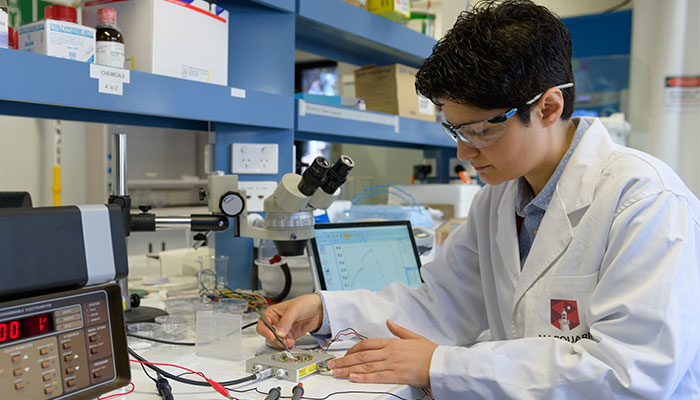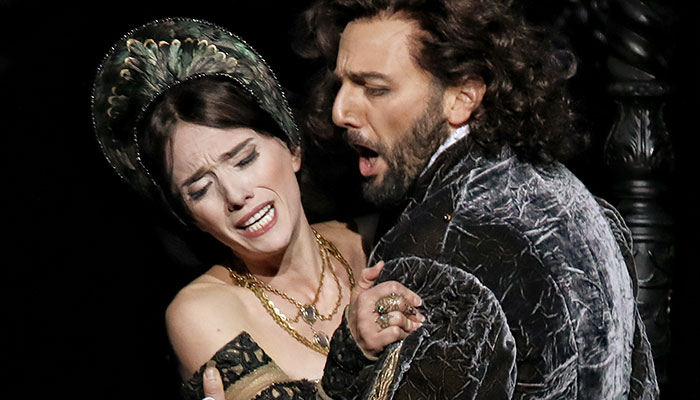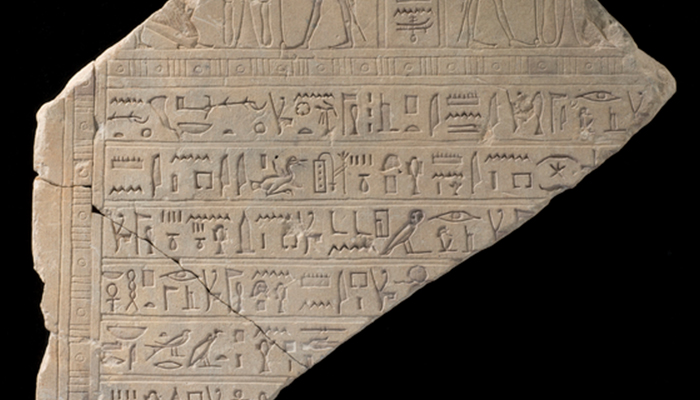Nearly 30 years after David Christian created the discipline of big history at Macquarie University, the distinguished professor has taken it beyond classrooms and lecture theatres to a mass international audience with his new book, Origin Story.
And Microsoft founder and philanthropist Bill Gates has given it a ringing endorsement, placing the book – which is being translated into 16 languages - on his list of top five summer reads while also declaring Christian’s big history as his “favourite course of all time”.
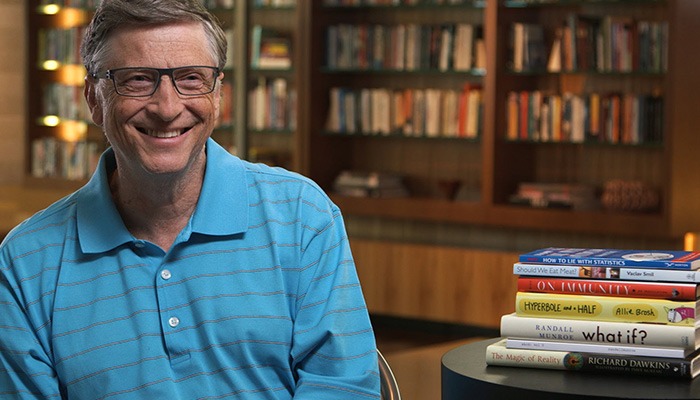
Top 5: The Microsoft founder and philanthropist named Professor David Christian's new book Origin Story on his Best Books List which he publishes on gatesnotes.com.
“It tells the story of the universe from the big bang to today’s complex societies, weaving together insights and evidence from various disciplines into a single narrative,” says Gates.
There was a very good chance Gates would include the book on such a list, Christian says, given the business magnate is a long-time supporter and co-founded the Big History Project, an online course for high-school students.
Nevertheless, Gates’s support is not something Christian takes for granted.
“I am absolutely delighted and very grateful for his support,“ Christian says. “He spends a lot of time thinking about the state of the world and what things he can do with his vast resources to improve things.
“I’ve met him a few times, and each time we have had great, nerdy conversations. He reads very widely; his interest in books is absolutely genuine.”
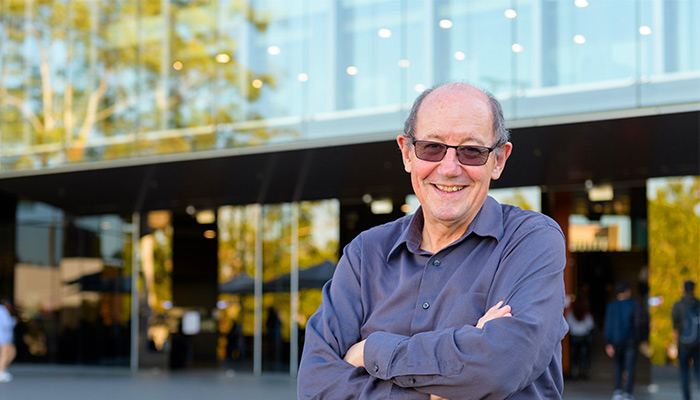
Life, the universe and everything: David Christian believes what we do in the next 50 years will shape the future of our planet for thousands of year to come.
From the Big Bang to an uncertain future
Origin Story is so-called because in its bid for a grand, unifying narrative about the history of the universe and where humanity fits into it, it functions like the traditional origin stories of cultures around the world. Needless to say, there is no God creating the world in six days in Christian’s tome. Rather, in 300 pages, the book takes the reader on a journey over billions of years from the Big Bang through the emergence of humanity to today’s mass globalisation … and the question of what happens next.
Christian wants his book to spread the word about big history, because he believes a big-picture understanding of the biosphere and humans’ place in it can help tackle the momentous problems faced by the planet, such as climate change, declining biodiversity, extreme poverty and the threat of nuclear weapons.
“The impact of humans has become so large that it threatens to transform the entire biosphere, and what we do in the next 50 years will shape the future of the entire biosphere, for thousands, maybe millions of years to come,” Christian says.
“That’s why in addition to the technical and detailed knowledge we learn, we also need this larger version in order to see these big problems in perspective.
“It is a dangerous time, but also a time of great opportunity. The staggering technological changes of the last 100 years are a very powerful sign of our creativity. The question is, can we use that technological creativity to build a better world.”
Spreading the word in 16 languages
Christian has previously published a book about big history - which draws knowledge from multiple disciplines including astronomy, cosmology, chemistry, biology, history and anthropology - for an academic audience. He hopes Origin Story will provoke wide interest outside academia – and beyond the 8.3 million people who have viewed the YouTube video of his 2011 Ted talk, The History of our World in 18 minutes.
“The book is being translated into 16 different languages across Europe, Asia and South America, so I hope it will generate interest in other countries as well,” Christian says.
In the meantime, back at Macquarie, times are exciting at the Big History Institute, says Christian. The institute is building a new online syllabus called Big History School, which will adapt the big history syllabus for students beyond the 12 to 14 year olds targeted by the Big History Project. “I hope this will set us up to adapt the syllabus to many different environments and languages, and we’re also building syllabi for primary schools for the first time,” he says.
“What big history does is help students look at the world with a wide angle lens. The details that are so important within particular disciplines can vanish, and that can leave you with a sense of loss, but what happens is you see new things.”
Through the Gates-funded project, big history is taught in about 1000 high schools across the United States and about 200 in Australia, with the number continually increasing, albeit by one school at a time, says Christian. He would love to see it taught across the world – in China, India, Latin America, Africa - but such an expansion would need a lot more resources and money.
“I think young people, my grandchildren, they will need a global vision because the big problems that affect the entire biosphere can’t be understood if you approach them from a nationalistic framework or from the perspective of a particular discipline,” Christian says.
“It’s a bit like the jumbo 747 you’re flying on is being piloted by a five-year-old child who doesn’t know what they’re doing – we are piloting a huge and powerful machine, and we need to learn very quickly how to land it safely.”

